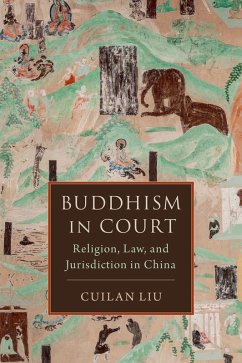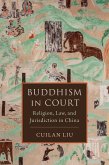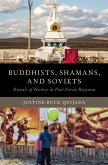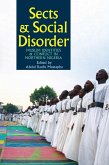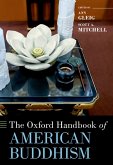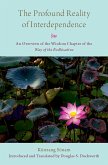What happens to Buddhist monks and nuns who commit crimes?
Buddhism in Court is the first book to uncover an important, yet long-overlooked, Buddhist campaign for clerical legal privileges that aim to exempt monks and nuns from being tried and punished in the government courts. Liu reveals the campaign's origins in Indian Buddhism and how Chinese Buddhists' engagement reshaped Buddhism's place in the jurisdictional landscape in China from the fourth century to the present. Drawing on Buddhist monastic law texts, archives, court documents, Chinese laws, official histories, law case books, institutional announcements, and private writings circulated on social media,
Buddhism in Court traces the legacy of the campaign for clerical legal privileges from its origin in India to its transformation in China and its continuing impact in the Chinese courtroom to the present day. Diverting from the dynasty-centered approach to studying religion, law, and history in China,
Buddhism in Court expands our understanding of this legacy of early Chinese Buddhism and challenges the notion that the transition between imperial and post-imperial China was marked only by disruption.
Dieser Download kann aus rechtlichen Gründen nur mit Rechnungsadresse in A, B, BG, CY, CZ, D, DK, EW, E, FIN, F, GR, HR, H, IRL, I, LT, L, LR, M, NL, PL, P, R, S, SLO, SK ausgeliefert werden.

